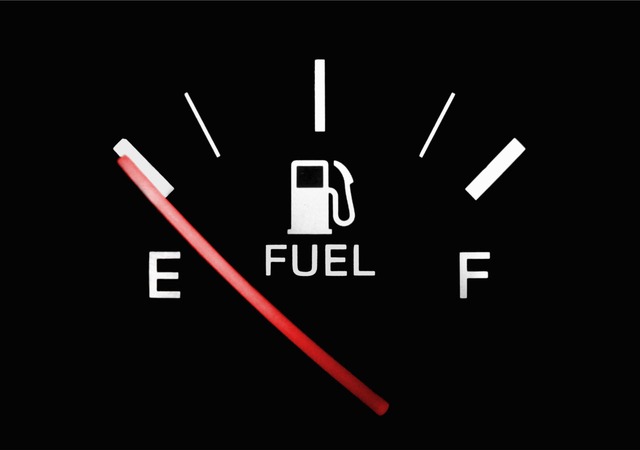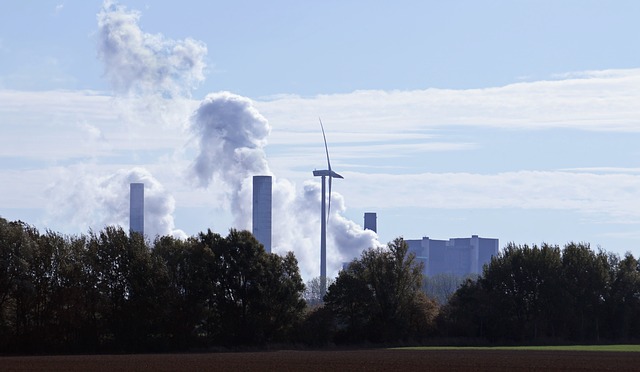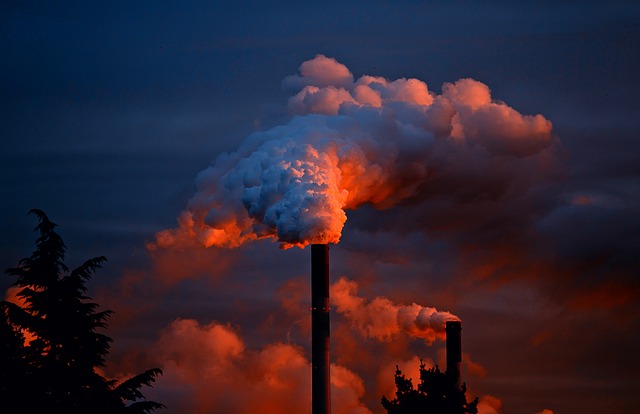INTRODUCTION
Conventional fuels are fossil fuels that are not eco-friendly. We must shift to alternative fuels to save the environment. Advanced and non-conventional fuels are regarded as alternative fuels.
ALTERNATIVE FUELS
This term is defined as the use of substances or materials as fuels for powering vehicles. These alternative fuels are different from conventional fuels such as fossil fuels.
Also read: Renewable Alternative Energy Resources – Advantages and Disadvantages
EXAMPLES OF ALTERNATIVE FUELS
Currently, many countries are practicing the utilization of alternative fuels. You may like to read about Electric Cars. The main examples of alternative fuels are biomass resources, propane, vegetable oil, non-fossil natural gas, hydrogen cells, fuel cells, electric batteries, refuse-derived fuels, ethanol, biodiesel, etc.
There are different types of alternative fuels that are mentioned below with benefits and constraints.
| Serial No. | Types of Alternative Fuels | Sources From Which Alternative Fuel is Produced | Benefits of Alternative Fuels | Constraints of Alternative Fuels |
| 1. | Propane (Byproduct) | Crude Oil and Gas | – Easily Available
– Eco-friendly Fuel
|
– Denser than Air
– Combustible Gas |
| 2. | Ethanol | Fermented Corn | – High Octane Number
– Efficient Fuel For Engine |
– Less Energy Content
– Expensive and Corrosive Fuel |
| 3. | Biodiesel | Soybean, Vegetable Oil, Animal Fats, | – Biodegradable
– Eco-friendly Fuel |
– Engine Clogging
– Expensive and Temperature Dependent |
| 4. | Electric Batteries | Chemical Reaction Between Positive And Negative Electrodes | – Eco-friendly
– Easy Service |
– Require Charging – Shorter Range |
| 5. | Hydrogen Fuel Cells | Water and Natural Gas | – Efficient for Domestic Purpose
– Energy Security For Future |
-Fossil Fuel Combustion in Hydrogen Fuel Generation
– Expensive |
| 6. | Biogas | Organic Matter – sewage, food waste, solid waste, etc | – Less Waste Generation
– Clean Fuel |
– Require Refining Procedure
– Mishandling leads to Environmental Pollution |
| 7. | Refuse Derived Fuel | Industrial, Commercial and Municipal Solid Waste | – Less Burden on Landfill Sites
– Energy Efficient |
– Dependent on Quantity of Waste
– Less Energy Yield |
Check out: Blueprint of an Eco-city – How To Create Sustainable Cities?
IMPORTANCE OF ALTERNATIVE FUELS
Alternative fuels are need of the time. Conventional fuels such as fossil fuels and their combustion have shown dreadful consequences on the ecosystem of the Earth. The rise in global temperature – global warming, climate change, ocean acidification, ozone depletion, etc are few listed impacts caused by greenhouse gases emissions from fossil fuel combustion.
Keeping in mind the negative impacts of conventional fuels, alternative fuels are extremely important for the present and upcoming future. The alternative fuels are mostly generated from renewable energy sources that limit dependency on natural reserves. These alternative fuels although have constraints but will definitely cause less environmental degradation as compared to conventional fuels. The release of greenhouse gases must be lowered down to decrease the average rise in global temperature. Alternative fuels can certainly limit carbon footprint. Check out Top Companies Contributing to World’s Third Carbon Emission.
CONCLUSION
In the world, natural and human activities are strongly correlated. Any imbalance between activities brings disastrous changes in the environment. Human activities such as fossil fuel combustion have induced the destruction of the natural environment. Now in order to overcome catastrophic results, humans are struggling to find ways to limit the emission of greenhouse gases that are triggering climate change. The research about the pros and cons of alternative fuels is still in process.
Also check out: Fossil Fuels are Killing Us – According to Latest Harvard Study
I hope you all liked this post! Please comment below if you have any suggestions, comments, or feedback! We at #envpk love hearing from our readers! Thanks!





4 Comments
I liked the post. Clear and concise. Benefits and constraints well researched. Giwen Molome (Mr), PNG.
Thank you Mr. Molome, we are glad you liked our article. Please follow us on Facebook or Twitter to stay updated with out latest articles.
http://www.facebook.com/Envpk
http://www.twitter.com/envpk_
Noicee
Thank you.